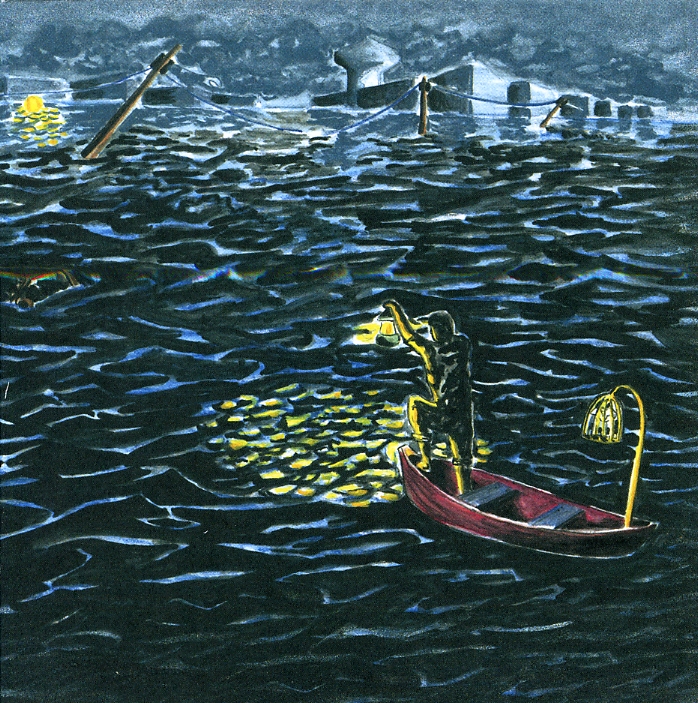
description
s propelling us into a bold new future. They are also living history. A college campus serves as a repository for the memories of countless students, staff, and faculty who have passed through its halls. The history of a university resides not just in its archives but also in the place itself--the walkways and bridges, the libraries and classrooms, the gardens and creeks winding their way across campus. To think of Emory as place, as Gary S. Hauk invites you to do, is not only to consider its geography and its architecture (the lay of the land and the built-up spaces its people inhabit) but also to imagine how the external, constructed world can cultivate an internal world of wonder and purpose and responsibility--in short, how a landscape creates meaning. Emory as Place offers physical, though mute, evidence of how landscape and population have shaped each other over decades of debate about architecture, curriculum, and resources. More than that, the physical development of the place mirrors the university's awareness of itself as an arena of tension between the past and the future--even between the past and the present, between what the university has been and what it now purports or intends to be, through its spaces. Most of all, thinking of Emory as place suggests a way to get at the core meaning of an institution as large, diverse, complex, and tentacled as a modern research university.
member goods
No member items were found under this heading.
Return Policy
All sales are final
Shipping
No special shipping considerations available.
Shipping fees determined at checkout.







